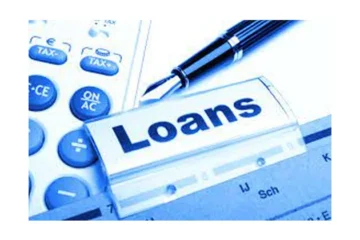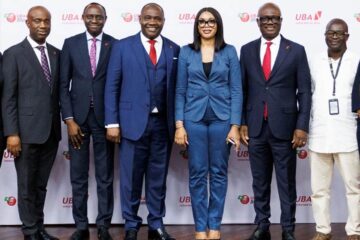Ekiti to spend N159.572bn in 2024, Oyebanji tells lawmakers
The Ekiti State Governor, Abiodun Oyebanji, on Friday presented 2024 budget proposal of N159,572,481,915.61 to the state House of Assembly.
The governor said the budget was targeted at sustaining economic growth and other positive indices of his administration.
Oyebanji urged the Assembly, presided over by the Speaker, Adeoye Aribasoye, to ensure speedy passage of the budget, christened ‘Budget of sustainable growth and development’.
The governor said, “To sustain economic growth and other positive indices of the present administration, a total revenue of N159,572,481,915.61 comprising revenue from federal allocation, Value Added Tax, Internally Generated Revenue (from EKIRS, MDAs and Tertiary Institutions), international donor agencies, Innovative and Development Effectiveness for acquisition of skills and other sundry income sources is proposed”.
The 2024 budgetary proposal, as presented by the governor, showed that N71,994,898,233.20 representing 45 per cent had been proposed for capital expenditure while N87,577,583,682.41 representing 55 per cent had been earmarked as recurrent expenditure.
Oyebanji, who said year 2024 would witness development of massive infrastructures, said over N20bn would be used to tackle this.
He added, “There is no gainsaying the importance of critical infrastructural development to overall economic development. As part of the efforts to revamp and transform our infrastructural facilities, the sum of N20,302,000,000.00 has been proposed for the sub-sector.”
The governor said the budget proposal was a product of the 30-year State development plan, the six pillars of his administration, the outcome of the citizens’ engagement and the work plans developed by the various MDAs.
He said based on the above, government had proposed to carry out critical initiatives and projects in 2024 in addition to the completion of ongoing projects.
The initiatives and projects, he said, included “capacity building and empowerment of artisans, youths and women; urban renewal/development projects; agricultural and related value-chain development and facilitation of enhanced access to credit and other critical inputs needed by the MSMEs and informal sector.”
Others included urban and rural electrification, construction of Cultural Centre, development of Ado-Ekiti Central Business District, renovation of schools across the state, renovation/equipping of secondary and tertiary health facilities and construction of Indoor Sport Complex.
PUNCH











